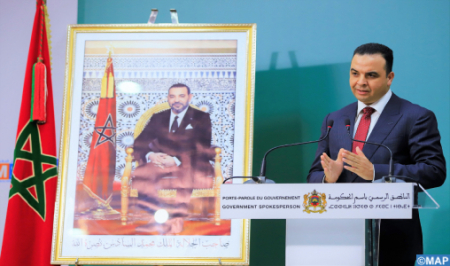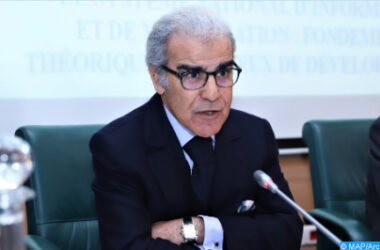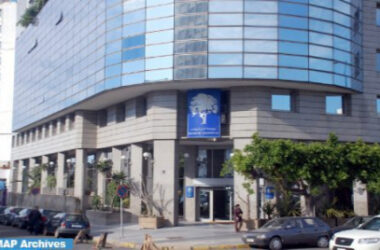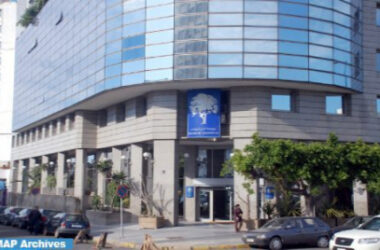Speaking at a press briefing after the Council of Government’s meeting, Baitas said that work is underway to accelerate the implementation of water desalination projects in several regions, to strengthen water supply in the rural world, as well as to accelerate the implementation of the program of saving irrigation to expand the area of irrigated land, for a total cost of 123 billion dirhams, in addition to 23 billion dirhams.
The current government is in a race against time to complete the desalination plant in Casablanca within a reasonable time, stressed the Minister, adding that after its commissioning, the plant will produce more than 300 million cubic meters of water and will offer the possibility of converting the water of Oum Errabia for irrigation in other basins, which will contribute to improving agricultural production.
He added that at the same time, it was necessary to begin the implementation of the water highway from the Sebou area in its first stage to the Bouregreg basin with a budget of 6 billion dirhams, stressing that the work is going well and should be completed in July or August, given the fact that the contractual deadline has been set for October.
This project will contribute, in its first stage, to transfer surplus water from the Sebou basin to the Bouregreg basin and to the Mohammed Ben Abdellah dam, which supplies drinking water to the north of Casablanca, he said, noting that this project will also contribute significantly to addressing water problems in Casablanca and Rabat.
The government has taken a series of measures including the mobilization of non-conventional water (wastewater) to reach 100 million cubic meters in 2027, in addition to the existence of many projects of desalination of sea water in several regions of the Kingdom, whether in the south or Safi and El Jadida, he added.
The Minister recalled, in this sense, the working session held Tuesday in Rabat and chaired by HM King Mohammed VI, during which the Sovereign gave important Royal Directions to accelerate the pace of completion of large dams by scheduling the construction of two additional large dams and six medium dams, which will increase the capacity of dams by 6 billion cubic meters.










